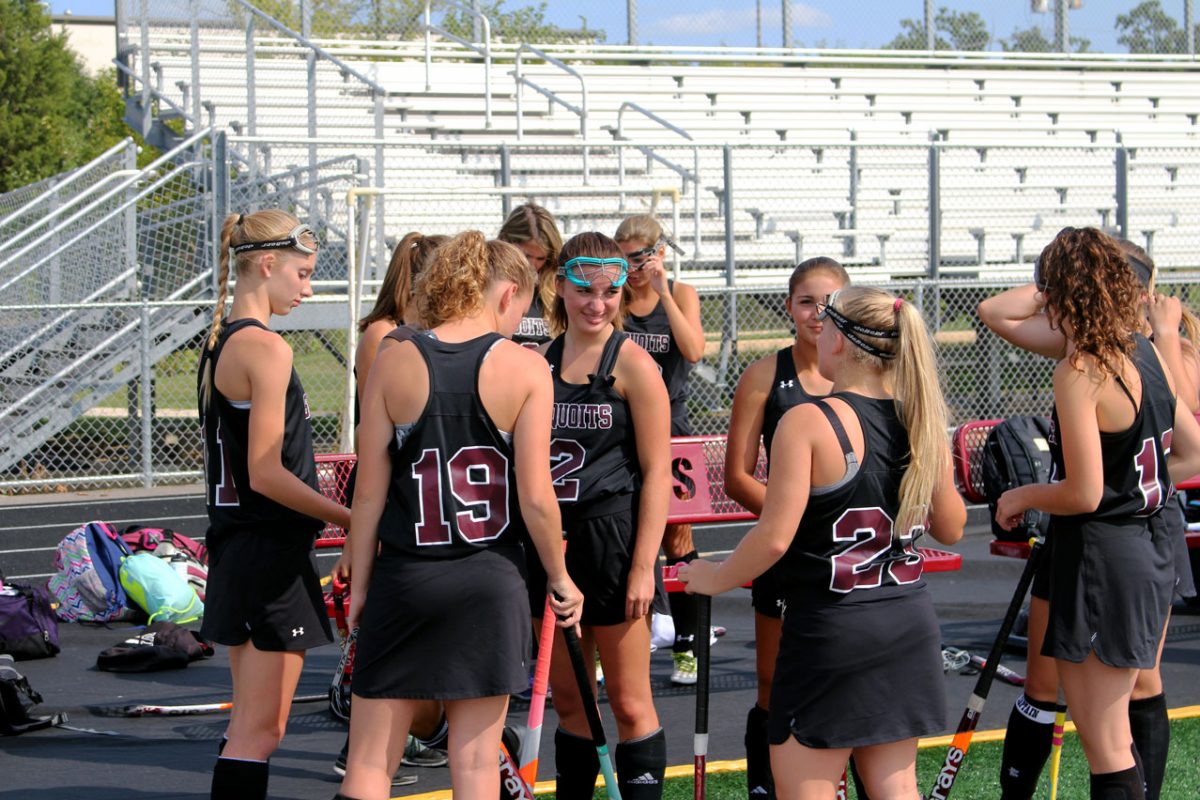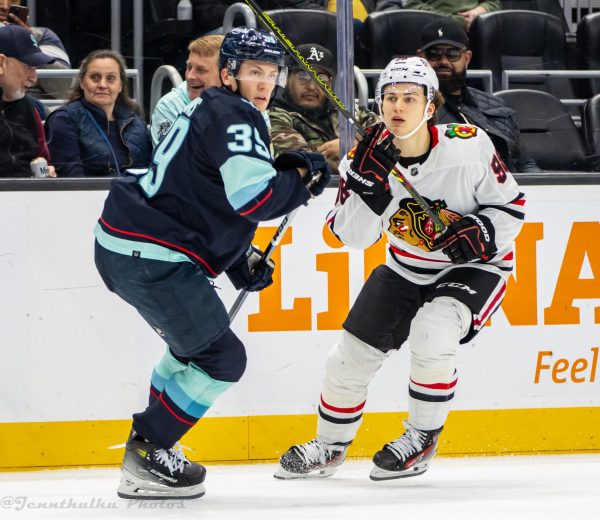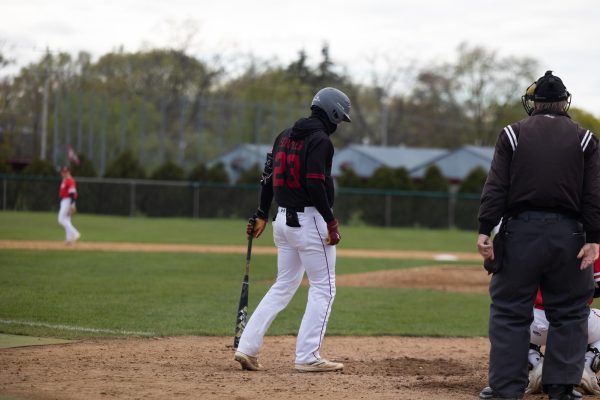When Winning Counts The Most
The outcome of a game can drastically change how a team reacts to the next situation given to them.
Winning a game can mean everything to a team. All the hard work that was put in during practices, weekends and personal free time meant something and lead them to this victory. The opposite can be said for losing. It can show a team what they still need to improve on to come back and win the next match.
Sometimes, there is nothing a team can do to avoid losing; even if they tried as hard as they could, the other team could just have better skills. The same concept can be applied to winning. If a team defeats someone that is not near their skill level, they must realize that the other team was bad and focus on getting better and improving their skills after the game is over. If they cannot do that, overconfidence can take over and make them less focused on getting better in practice.
“People can get too confident in themselves or other people,” JV volleyball player and junior Katie Vilardi said. “It could bring energy down [after losing] because we expect to win and when we don’t we get more upset about losing.”
Practice for any sport is a place where the team can take what they did wrong from the last game and learn more so they are not wrong again. However, practice after a win tends to be easier for a team because everyone, including the coach, is not in a bad mood. The players can still train, but there is less pressure to do things correctly on the first try.
“Winning helps during our practice because…we know how to work together a little better,” varsity field hockey player and junior Carrie Miller said. “It’s a lot less stressful because no one is trying to prove themselves to anyone else or trying to do everything on their own.”
Nonetheless, practice after losing can be good or bad for a team depending on how they played in the previous match. If they put forth all that they could and still lost, the coach could be more understanding and focus on what needs to be improved after what he or she saw. However, if the team was not trying their best in the previous match, practice could become completely focused on getting what was wrong right, along with some possible conditioning.
“After a loss, we like to focus on improving any small aspect of our game that wasn’t up to par in the previous match so that next time, we can put what we worked on into play, keep our scores low and win,” varsity golfer and junior Nick Gagman said.
After practice, the only thing left is the next game. If a team goes into a game off a win, then they are more likely to have a strong desire to win because they want to uphold their current record. However, there is a possibility that the team might be expecting another win and will not be ready if they face a strong opponent. On the other hand, if a team goes into a game off a loss, then there could be a desire to win because the team does not want to lose again or the morale could be down and they could end up losing because that is what they expect to happen.
“You need to have a lot of energy on your side of the court and having the momentum really helps keep your team going,” Vilardi said.
All in all, winning and losing a game can have a variety of effects on a team during practices and the next games. Whether a team wins or loses, there are still many aspects of their sport that they can use to learn from and improve on.













